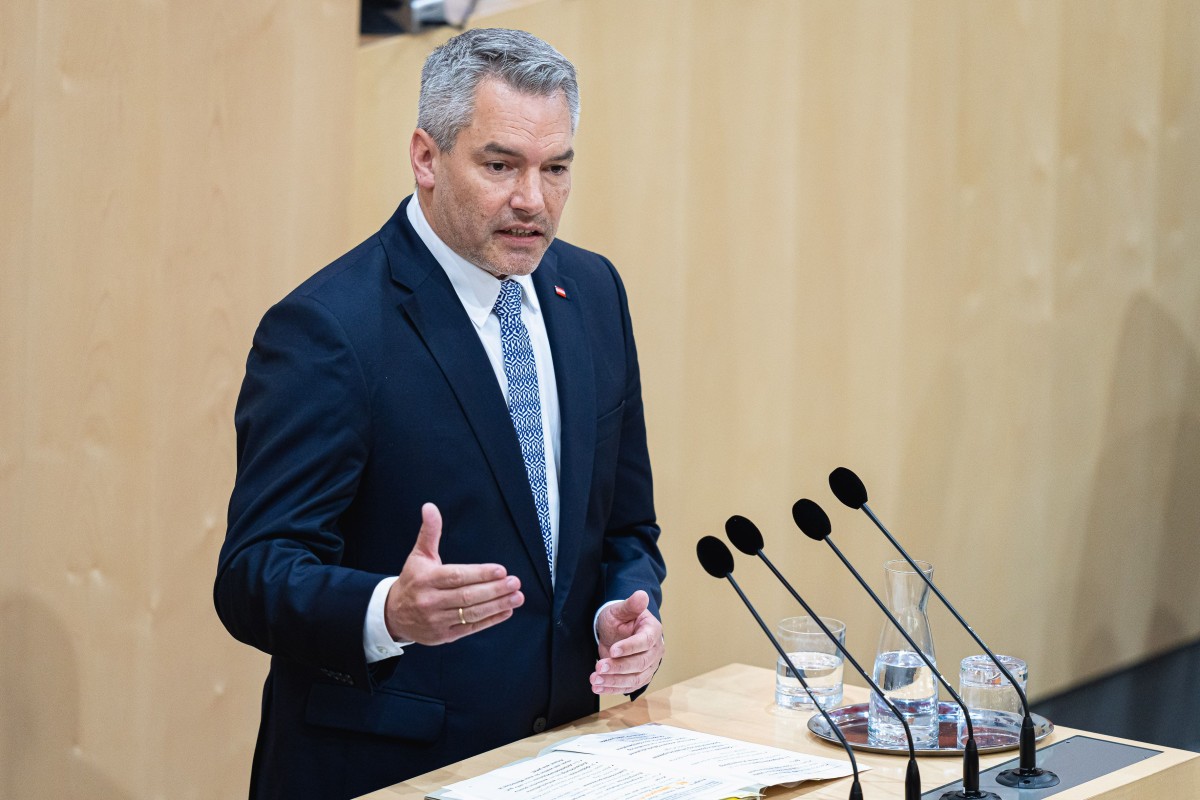Sponsored Content
Austria's Foreign Disaster Fund is Increased
Vice Chancellor Werner Kogler and Foreign Minister Alexander Schallenberg have praised the increase of the Foreign Disaster Fund (AKF) to 77.5 million euros in 2023 before the Council of Ministers.
 "The Foreign Disaster Fund helps where help is needed most: on the ground in countries affected by humanitarian disasters", said Chancellor Karl Nehammer. / Picture: © Bundeskanzleramt (BKA) / Florian Schrötter
"The Foreign Disaster Fund helps where help is needed most: on the ground in countries affected by humanitarian disasters", said Chancellor Karl Nehammer. / Picture: © Bundeskanzleramt (BKA) / Florian Schrötter
The current permacrisis, characterized by war, uncertain economic prospects, mass migration, energy crisis, and climate change, is rapidly exacerbating global suffering and threatening the existence of millions of people, particularly in the Global South. To address this critical situation, the Austrian government has approved one of the largest single disbursements from the Foreign…
or Log In
Fast News Search





